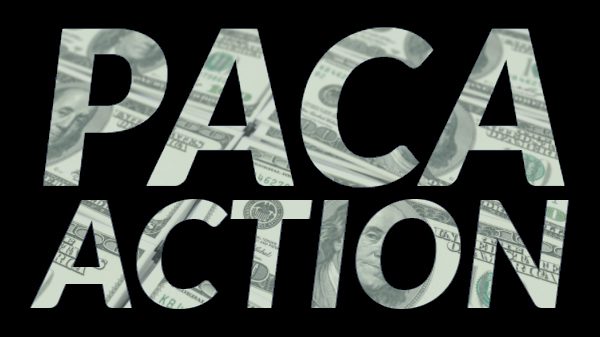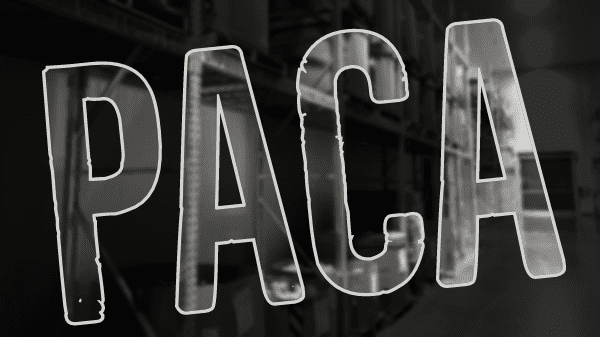Welcome to Blue Book!
Are you ready to join the thousands of companies who rely on Blue Book to drive smarter decisions? View our plans and get started today!
Still have questions? We’d love to show you what Blue Book can do for you. Drop us a line– we’ve been waiting for you.
The Problem: Receiver purportedly rejects broccoli but then sends to a third-party wholesaler.
The Key Point: Product may be rejected following a breach of contract regardless of whether resulting damages can be shown.
The Solution: After accepting product (by diversion or otherwise), the buyer is responsible for the full invoice price less any damages resulting from the breach.
QUESTION
We’re a distributor out of Texas. Recently we sold a load of broccoli out of Mexico to a receiver in the Midwest. The broccoli was supposed to be a specific brand, but unfortunately the product was shipped in plain packaging without any branding. Upon arrival the receiver told us the product would be rejected because of the issue, but when we called back with disposition instructions 20 minutes later we discovered they had already sold the broccoli (on a price-after-sale basis) to a nearby wholesaler. We haven’t seen the returns yet, but I have a feeling we’re going to be disappointed. What are our rights here?
ANSWER
Per industry precedent, your customer had the right to reject based on your failure to deliver the brand called for in the sales agreement. But despite your buyer’s apparent intention to reject, based on the facts you describe, we would probably view your customer’s diversion of the product to another receiver’s location as an act of acceptance, even though (as explained below), arguably, a more technical assessment may be in order.
Perishable Agricultural Commodities Act (PACA) regulations provide that “Acceptance means: (1) Any act by the consignee signifying acceptance of the shipment, including diversion or unloading; (2) Any act by the consignee which is inconsistent with the consignor’s ownership….” (46 C.F.R. 42 (dd)). Therefore, your buyer’s apparent acceptance of the product is particularly significant here given the nature of the breach. Product may be rejected following a breach regardless of whether or not the buyer can show the breach affected the market value of the product. Conversely, after accepting product, buyers are liable for the full invoice price, less any damages they can show resulted from the breach of the sales agreement.
In other words, after accepting product, buyers must show damages in order to establish a claim. And because, per industry precedent, it is usually not possible to objectively show one brand of broccoli has a greater market value than another (or unbranded product), your buyer will likely be unable to support a deduction from your invoice.
Alternatively, depending on the clarity of language used, your customer’s purported rejection of the broccoli could be viewed as an effective rejection with title to the product reverting to you as the seller. Viewed in this way, your customer’s subsequent assumption of control of your product would be unauthorized. And, of course, after taking unauthorized control of your product, the receiver would be responsible for compensating you for the fair market value of the product in question.
Because this broccoli was in good condition, with only the branding at issue, we would impute a fair market value equal to either the original selling price of the broccoli in question, or the average price reported for the destination city by the USDA’s Market News at the time the receiver took unauthorized control of the broccoli. Under either assessment the problem for your customer is essentially the same; namely, it does not appear they will be able to show the commodity they accepted or assumed control over was worth less than the broccoli ordered (or similar broccoli available in that destination market at the time).
Your questions? Yes, send them in.
Legal answers? No, industry knowledgeable answers.
If you have questions or would like further information,
email tradingassist@bluebookservices.com.




